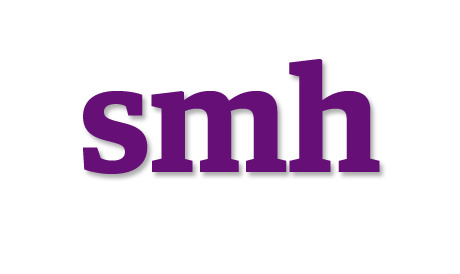In the realm of online communication, the acronym “SMH” has become a common expression used to convey a sense of disapproval, disappointment, or frustration.
SMH is an acronym that stands for “shaking my head”. It is used to express disappointment, disbelief, or disapproval of something or someone. It is usually written in lowercase letters, but it can also be capitalized for emphasis. SMH is a common internet slang term that is often used in texting, social media, and online chats. Here are some examples of how SMH can be used in modern conversational language:
- I can’t believe he cheated on her. SMH, he doesn’t deserve her.
- She spent $300 on a pair of shoes. smh, what a waste of money.
- He failed the test even though he studied all night. SMH, that’s so unlucky.
- She said she was vegan, but then she ate a cheeseburger. SMH, she’s such a hypocrite.
- He tried to fix the sink, but he made it worse. SMH, he should have called a plumber.
What Does SMH Mean?
- Definition of SMH: “SMH” stands for “Shaking My Head,” indicating a gesture of disbelief or disapproval.
- Variants: Apart from the standard “Shaking My Head,” variants like “scratching my head” and “shaking my damn head” are also used to express similar sentiments.
Where Did SMH Come From?
- Initialism vs. Acronym: “SMH” is an initialism, where each letter is pronounced separately, unlike acronyms where letters form a new word.
- Historical Context: The exact origin of “SMH” is not definitively known but gained popularity in online communication platforms.
How is SMH Used?
- Expressing Disapproval, Disappointment, or Frustration: Users employ “SMH” to showcase their disagreement or disapproval with a situation or statement.
- Examples of Use in Online Communication: In online forums, social media posts, or text messages, “SMH” is commonly used to react to various scenarios.
In conclusion, the acronym “SMH” has become a staple in digital communication, offering a succinct way to express negative emotions. Understanding its meaning and usage provides insight into modern online interactions. As language continues to evolve, “SMH” is likely to remain a prominent feature in expressing disapproval and frustration in the digital age.
